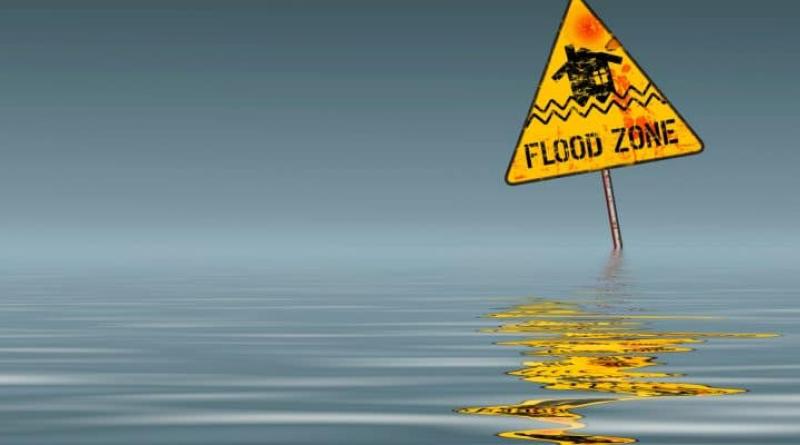AFRICA: a series of seminars to improve climate warning systems

France and Germany are joining forces to improve climate risk prevention in Africa. Because more than 60% of the continent's population has no climate warning systems. To reduce this deficit, the French Ministry of Higher Education and Research, and the German Federal Ministry of Education and Research, are organizing the Climate services for risk reduction in Africa 2023 (CS4RRA). The initiative takes the form of a series of four webinars, scheduled respectively in Togo, Côte d'Ivoire, Ghana and Senegal from September to November 2023.
Lomé, the capital of Togo, will host an international webinar on September 28, 2023. This will be the first in a series of four webinars addressing the theme of improving early warning systems and adaptation measures for disaster risk reduction in Africa. Supported by the French Ministry of Higher Education and Research, and by the German Federal Ministry of Education and Research, the Climate services for risk reduction in Africa 2023 (CS4RRA) initiative is divided into four dates, for so many places and themes.
The webinar on " Improving the early warning system and disaster risk adaptation measures ", will be organized on September 28, 2023 at the University of Lomé. The one on " excessive water management ", is scheduled for October 2023 at the Felix Houphouet Boigny University (UFHB) of Abidjan in Côte d'Ivoire. The other two webinars, on the themes “ Climate-smart agriculture and sustainable landscapes ” and “ Climate impacts and resilience in current and future scenarios ”, will be held during the month of November 2023, respectively at the university of sciences and Kwame-Nkrumah technologies in Kumasi, Ghana and at Cheikh Anta Diop University in Dakar, Senegal.
Implemented by the Institute of Research for Development (IRD) of France in partnership with the research and training center West African Science Service Center on Climate Change and Adapted Land Use (WASCAL), these meetings led by a cohort of African and European experts aim to build climate resilience in Africa through climate literacy awareness, identification of key services for climate change adaptation and disaster risk reduction.
Weak coverage of the climate alert system
Africa accounts for only about 2-3% of global greenhouse gas (GHG) emissions, but it bears the consequences disproportionately. A situation made more difficult by the low coverage of the climate warning system enjoyed by the continent.
The " State of Africa's Climate 2021 " report published by the World Meteorological Organization (WMO), indicates that 60% of the African population is not covered by early warning systems to deal with extreme weather events and climate change. climate change.
According to the same report, droughts and floods are the most worrying climate risks in Africa. Over the past fifty years, drought-related hazards have claimed the lives of more than half a million people and caused economic losses of more than $70 billion in the region. During the same period, Africa suffered more than 1,000 flood-related disasters, resulting in more than 20,000 deaths. The WMO estimates that by 2050 the consequences of climate change could cost African countries $50 billion per year.






